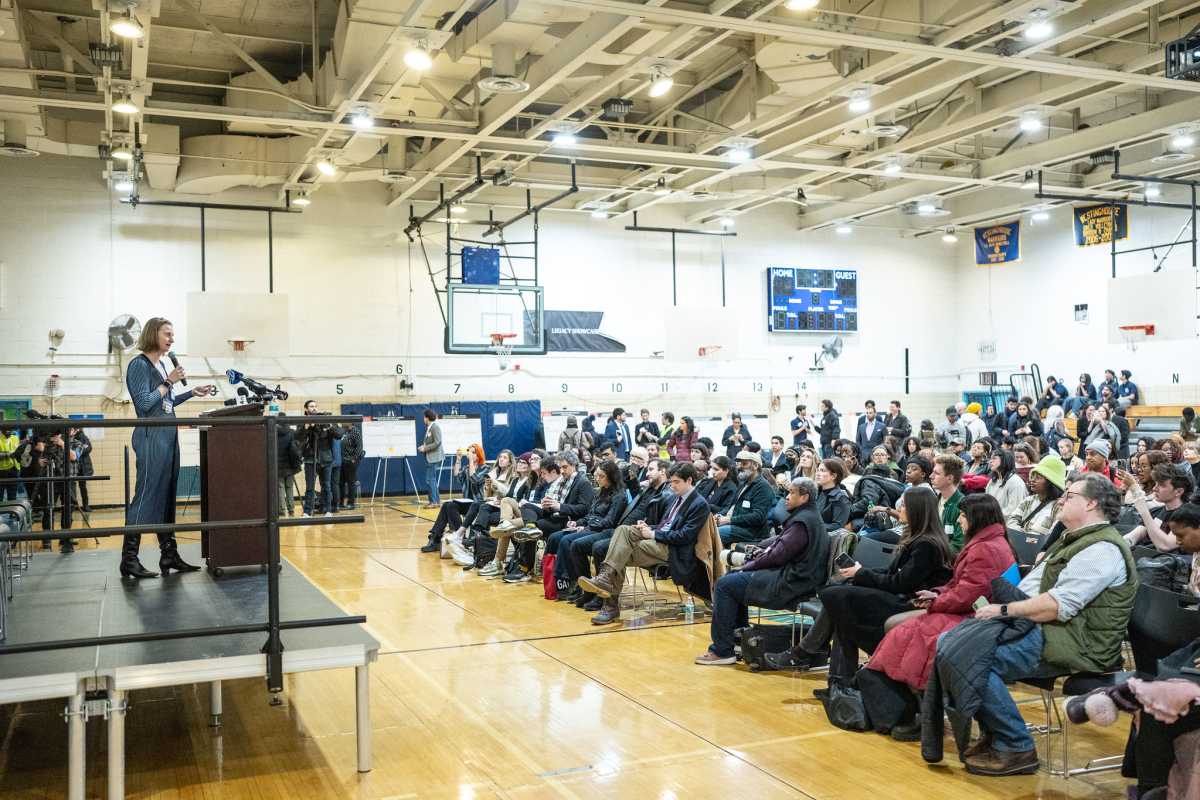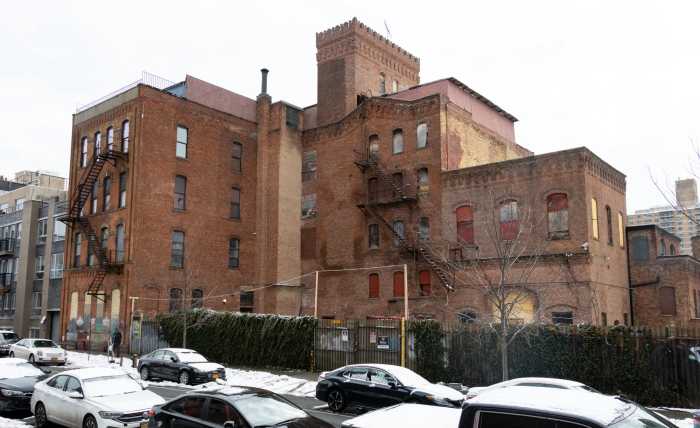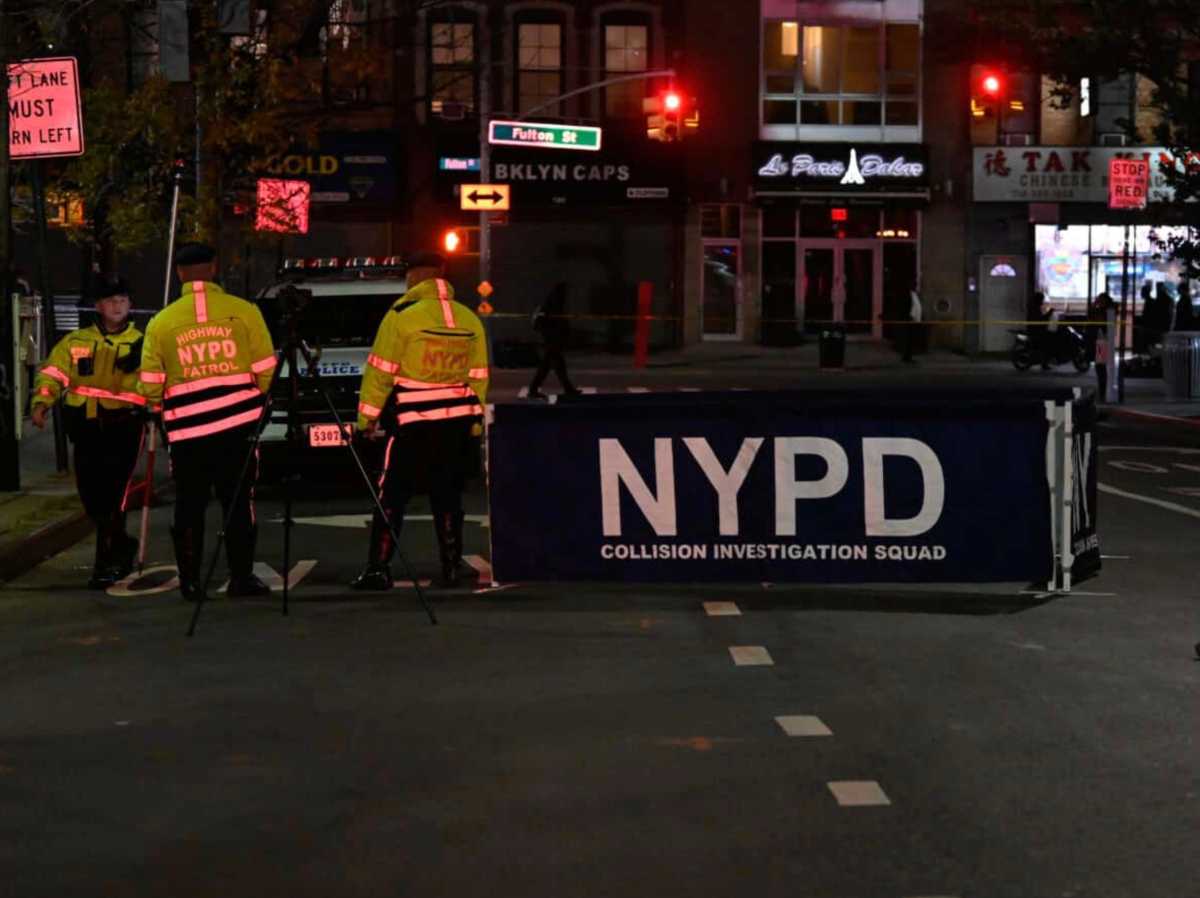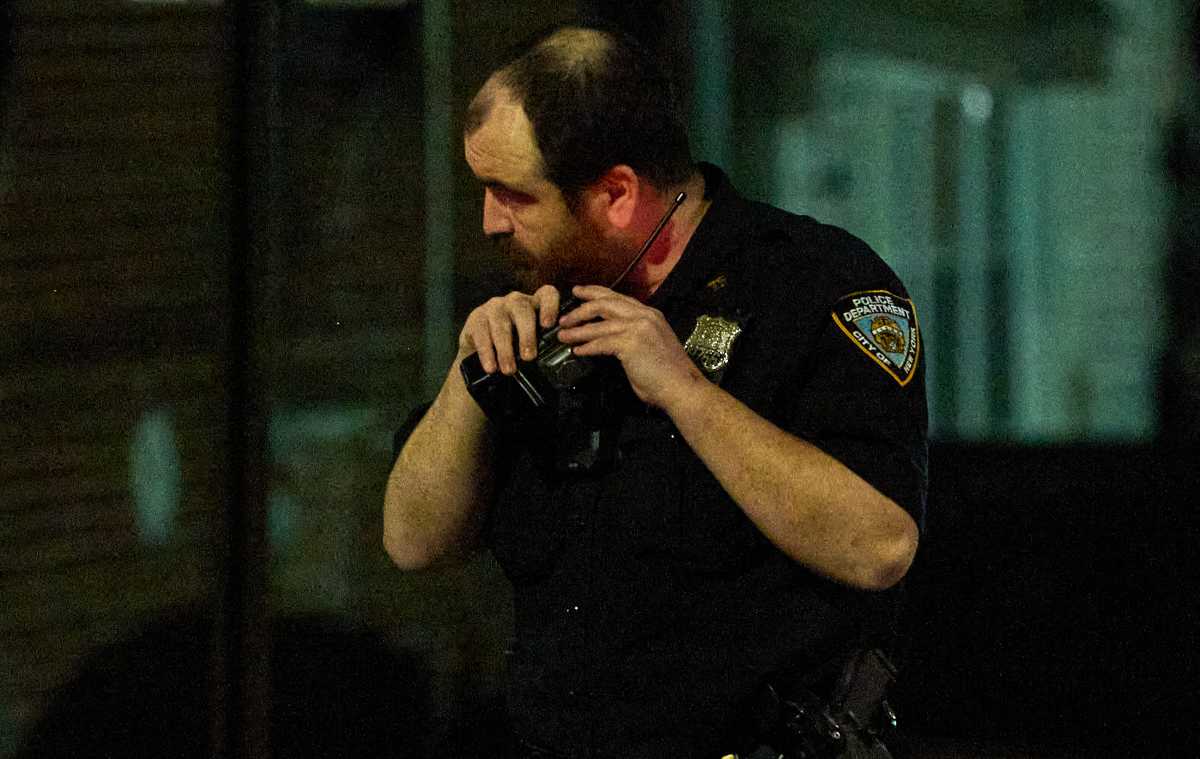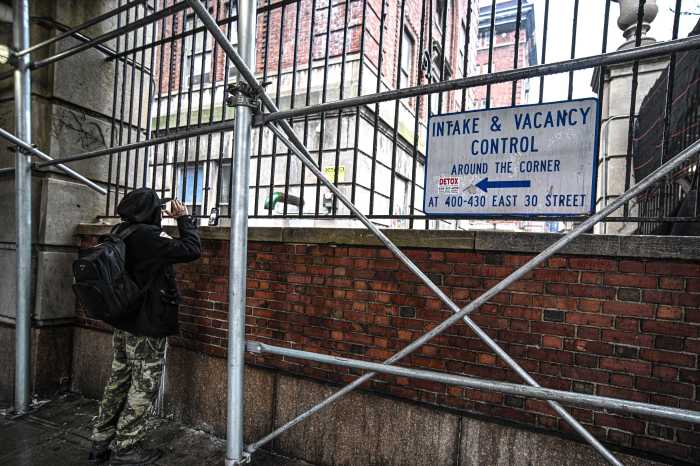Real-estate prices in Brooklyn are surging at Manhattan-like rates, with
the borough’s average apartment going up by 35 percent last year,
and units in some neighborhoods jumping by more than 80 percent.
And that’s good news for the owners of brownstones, townhouses, co-ops
and condos — but bad news for young people, Manhattan exiles and
other Brooklyn wannabes who want to join the ranks of the landed gentry.
“We don’t see any downward trend [in prices],” said Real
Estate Board of New York President Steven Spinola, who journeyed to the
Brooklyn Marriott this week to release his organization’s first-ever
residential sales report for the borough.
“People want to live in Brooklyn,” he added.
For years, Spinola’s numbers have been the stuff of Manhattan homeowners’
dreams, chronicling the seemingly uninterrupted rise of apartment and
townhouse prices in “the city.”
But soaring real-estate values are a savior that isn’t afraid to
walk on water to Brooklyn. Across the borough, co-op and condo prices
went up 35 percent, while one- and two-family home prices rose 20.5 percent.
But some neighborhoods did far better than that:
• Apartment prices in Fort Greene went up 81.9 percent last year
— and now average $456,000. The average price per square foot in
the neighborhood was up 114 percent during the same period.
• In DUMBO, the average — the AVERAGE — apartment now sells
for $1.255 million, up from $987,000 the year before, an increase of 27
percent. [Related story on DUMBO.]
• In Clinton Hill, an apartment typically now costs $349,000 —
a 31-percent increase from the year before.
• Apartment is Cobble Hill jumped 36 percent and now average $753,000.
• Single- and two-family homes are also off-the-charts in some neighborhoods.
They went up 54 percent (to an average of $1,293,000) in Boerum Hill,
28 percent (now $2,722,000) in Brooklyn Heights, 82 percent (now $1,128,000)
in Fort Greene, 51 percent (now $760,000) in Clinton Hill, and 28 percent
(now $1,341,000) in Park Slope.
(Numbers for other popular neighborhoods such as Bay Ridge, Bensonhurst
and Dyker Heights were not broken out from the borough-wide statistics.)
When Spinola read out the Fort Greene numbers at Tuesday’s breakfast
briefing, real-estate agent Terry Robinson whooped — literally, he
whooped — with joy.
“I love selling in Fort Greene,” he said. “Of course it’s
surging because it has beautiful houses, great proximity to trains and,
yes, a Frank Gehry-designed stadium on the way.”
Robinson said that a brownstone on Fort Greene Park that sold for $600,000
in 2000 would now go for $1.8 million — and have people lining up
to pay it.
Or course, not everyone was whooping with delight at the skyrocketing
prices. High real-estate values mean big commissions for brokers, but
potentially less diversity throughout the borough, Borough President Markowitz
pointed out.
“Yes, it is nice to see that prices are going up, because it means
that people want to move to Brooklyn, but we have to work harder to ensure
that Brooklyn remains an ethnic and income-diverse city,” he said.
Markowitz said the Real Estate Board report justified his support for
both the Atlantic Yards project and last year’s rezoning of the Williamsburg/Greenpoint
waterfront for residential development.
Both plans set aside a significant amount of “affordable” housing.
“If there’s no balance between affordability and affluence,
then Brooklyn becomes only for the very wealthy and the very poor,”
he said.
“But ethnic and economic diversity makes Brooklyn Brooklyn.”
Of course, some neighborhoods have already moved on the inexorable path
to Manhattanification, experts said.
“What happened to Park Slope and Brooklyn Heights is happening across
a much-wider area now,” said Steven Sommers, a broker with his own
practice in Park Slope.
“Neighborhoods get ossified once only a thin strata of society can
afford to move in.”
But Spinola believes Brooklyn’s essential spirit has not been lost.
“First-time homeowners will have to do what first-time homebuyers
have always done: move into areas of Brooklyn that they can afford,”
he said.
“And, like all first-time homebuyers, they’ll have to stretch
their finances. Everyone struggles to buy his first house. But the good
news is that this report shows that the struggle will be worth it; your
home is going to retain its value and be a good investment for you tomorrow.”
But, he added, if you wait until tomorrow to buy, “you’d be
making a mistake.”



